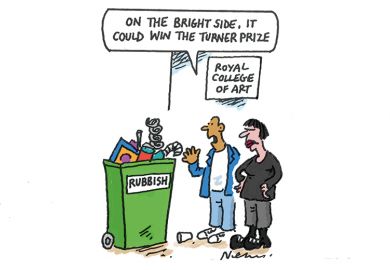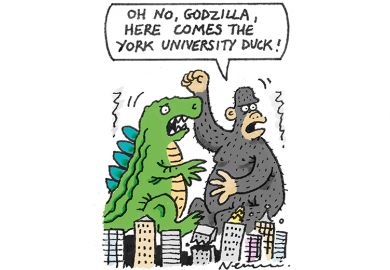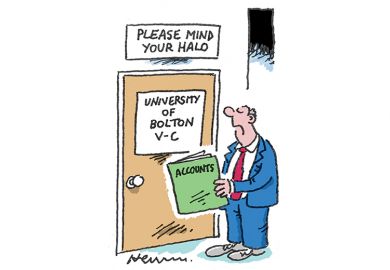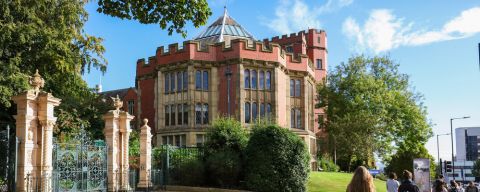
Lax oversight and a “tacit understanding” have been blamed for students at a New Zealand university being continually able to take what in effect amounted to taxpayer-funded holidays in their final year. An inquiry found that medical students at the University of Otago were not given permission to skip work at the foreign hospitals they were assigned to for work experience but that it had probably been going on for years with no real repercussions. The work-shy interns apparently favoured medical centres in Belize, Bosnia and Italy, where they could get their placements signed off by overseas doctors – sometimes for cash – after a few days. Nearly one in five final-year students was found to have used fake documents as evidence of the duration of their work placements, the review found. Sanctions included missing graduation ceremonies, repaying grant funding for international flights and undertaking community service or health research, but offenders were not prevented from taking up job offers.
The chancellor of the University of Arkansas was forced to resign following controversies centring on race and alleged inappropriate social media posts. After five years leading the state’s biggest campus, Joseph Steinmetz stepped down shortly after a local television station said it asked the university about postings on Twitter showing photos of a person who appeared to be the chancellor. The university has denied that Dr Steinmetz was in the photos and suggested that they were computerised manipulations. Dr Steinmetz had also faced controversies over civil rights issues, including the fate of a statue on campus of US senator J. William Fulbright, founder of the international fellowship programme bearing his name and a staunch opponent of racial integration in the 1950s and 1960s.
The row over plans to close the University of Sheffield’s archaeology department has intensified, as staff and students say they were misled over the possible outcomes of a review and claim that notes from an important meeting were destroyed. The university has said the department needed to be closed because of a lack of undergraduate students but staff say they feel the closure was a foregone conclusion before the review even began. There was also anger over the revelation that minutes from a meeting attended by students about the issue were destroyed, which the university says is standard practice. Staff also say they believe the downward trend in undergraduate applications is at least partly due to the university’s increased A-level tariff. The university council will take advice from the senate – which oversees academic matters – before issuing a decision on 12 July.
Chalkboards may seem like an outdated teaching tool but for mathematicians they are “their homes, their labs, their private thinking spaces”. In her new book, Do Not Erase: Mathematicians and Their Chalkboards, Jessica Wynne, professor in the photography department at the Fashion Institute of Technology in New York, provides full-page images of more than 100 chalkboards from across the world, each accompanied by reflections from the mathematicians. One academic describes the board as “an active space, ready to change and willing to carry any thought…With a brief gesture and a sponge, one can modify past thoughts, fix mistakes, and express an improved understanding of a problem.” Another sets out the essential tools: a blackboard so tall that “its boundaries do not interrupt the flow of thinking and writing” and some “high-quality chalk”, such as “the legendary Japanese Hagamoro Fulltouch chalk”.
First responder to medical emergencies is not the most relaxing job, but it turns out academia is even more stressful. New research found that paramedics’ stress levels increase when they move into academia, with the study, by academics at Australia’s Southern Cross University, highlighting the “culture shock” of moving into a “looser, less structured” profession with multiple responsibilities. The research showed that those who made the switch reported “stresses related to lack of support and role uncertainty, lack of acceptance by their clinical peers and a lack of constructed academic identity. Balancing teaching, research and publishing led to significant stress and feelings of inadequacy.” The researchers also found that many medical academics reported being stressed by anonymous student feedback.
Register to continue
Why register?
- Registration is free and only takes a moment
- Once registered, you can read 3 articles a month
- Sign up for our newsletter
Subscribe
Or subscribe for unlimited access to:
- Unlimited access to news, views, insights & reviews
- Digital editions
- Digital access to THE’s university and college rankings analysis
Already registered or a current subscriber?





